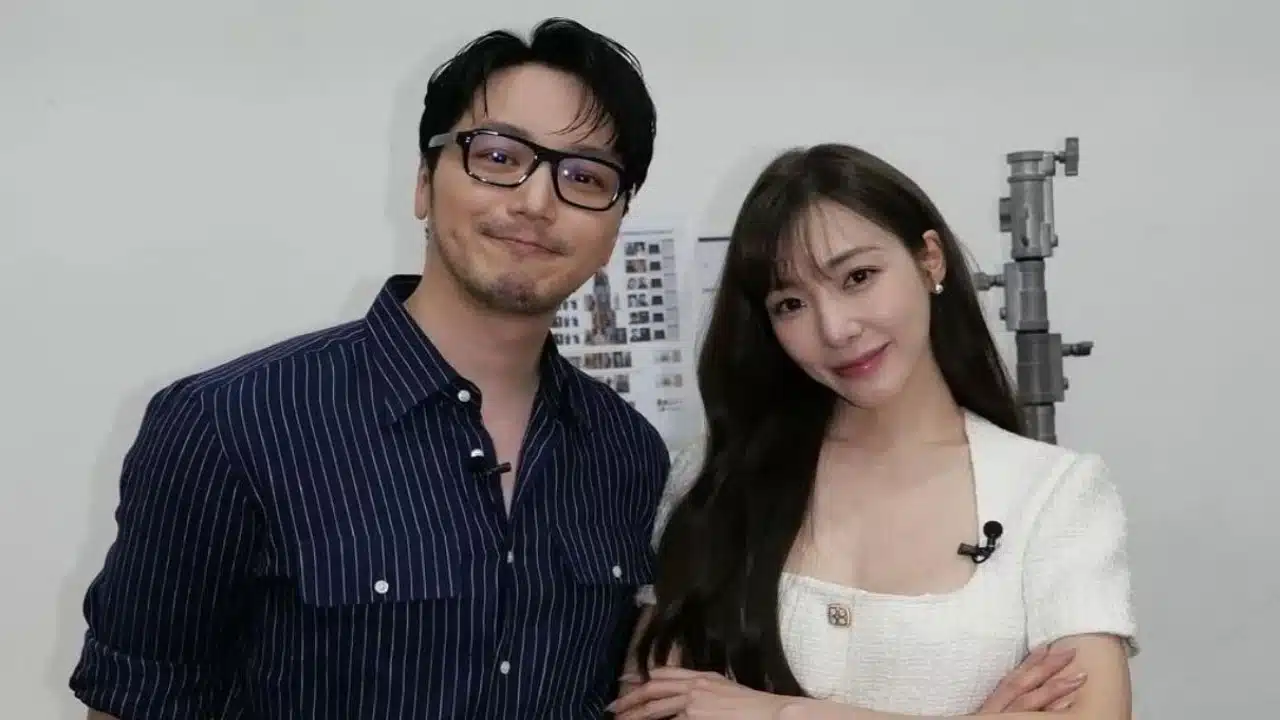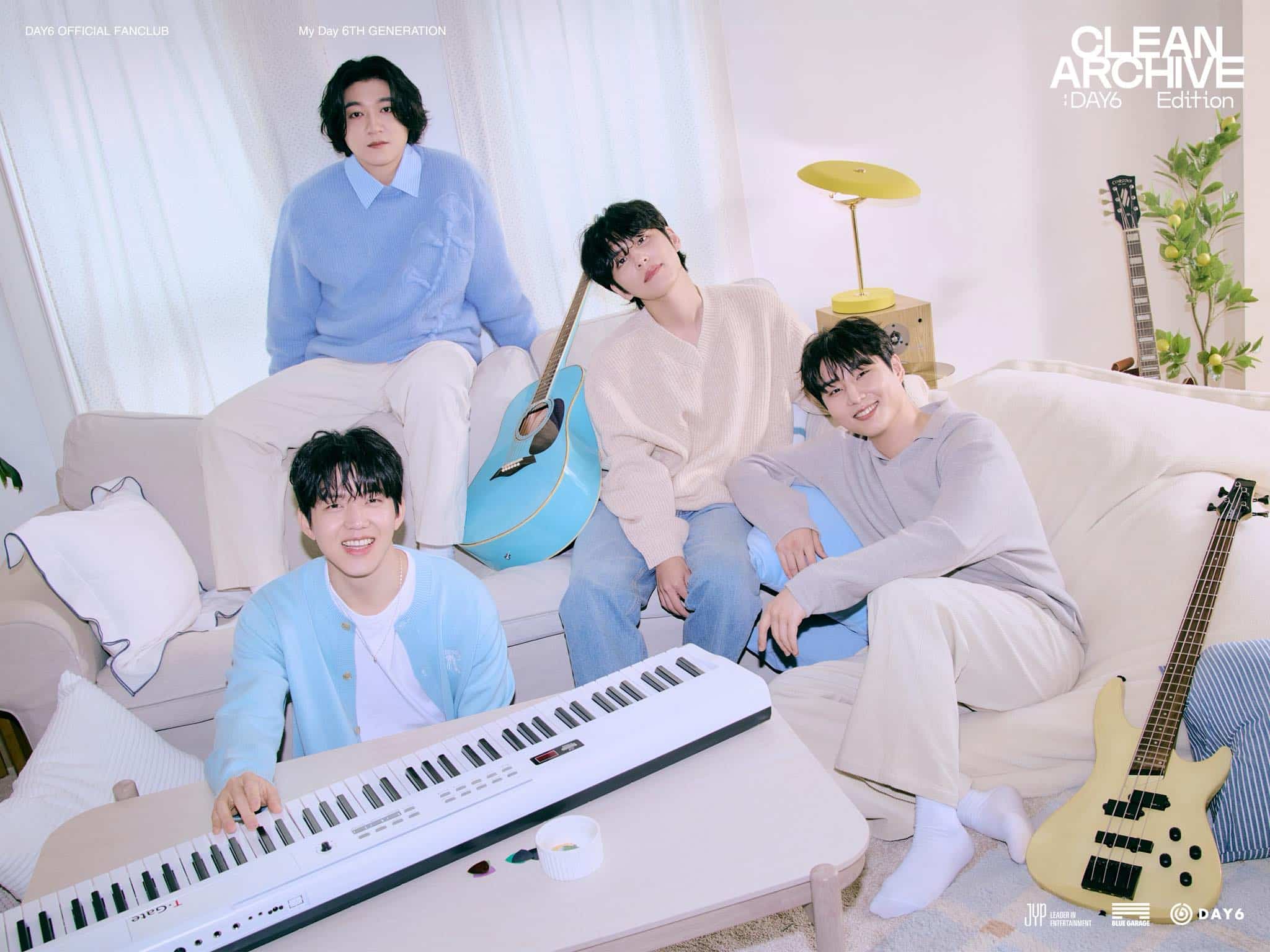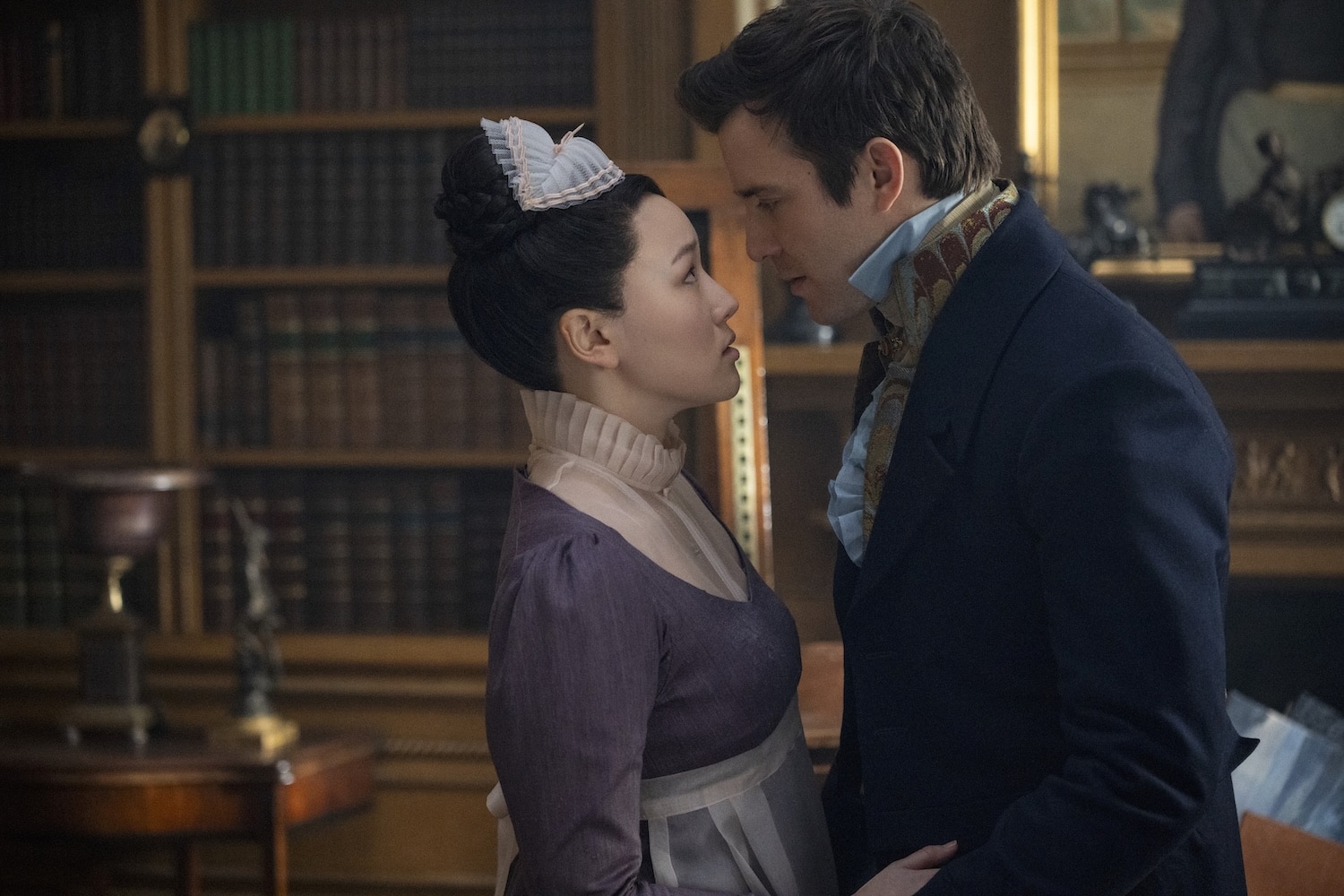Lara Raj, a member of the multinational K-pop girl group Katseye, has openly discussed her sexual orientation in a recent interaction with fans, a move being described by industry observers as “shocking and groundbreaking.”
This disclosure, made via the global fan platform Weverse, is drawing considerable attention both within South Korea and internationally, marking a potentially pivotal moment in the often carefully managed world of K-pop.
The 19-year-old singer, who is of Indian-American heritage, shared with fans that she has been aware of her identity since a young age. In a candid and self-deprecating manner, she stated, “I knew I was half a fruitcake when I was like eight, so I really was wanting everybody. Honestly probably before eight. Isn’t half a fruitcake such a good way to explain it without saying it?”
This use of reappropriated slang, once a derogatory term for LGBTQ+ individuals, highlights Lara’s comfort and willingness to express herself authentically with her fanbase.
Read more: NewJeans in Hiatus: K-Pop Legal Battle Forces Group to Pause Activities
Significantly, Raj also revealed the anxieties she faced regarding her identity during the formation of Katseye on the HYBE and Geffen Records survival show, The Debut: Dream Academy.
She confessed, “You know in Dream Academy, when it came out I was really really scared, to be honest. I didn’t know if people would accept me and I really thought it might ruin my chances of getting in.” This vulnerability underscores the pressures faced by aspiring K-pop idols, where personal revelations can be perceived as risks to their careers.
HYBE, the prominent entertainment agency behind Katseye, has chosen to address the matter with a brief statement, describing it as “a personal issue related to the artist.” This reserved response reflects the delicate tightrope K-pop agencies often walk, balancing the need to support their artists with the potential for diverse public reactions in a global market that holds varying cultural norms.
However, industry experts believe Lara’s openness carries considerable weight. Music critic Lim Hee-yun characterized her coming out as “shocking and groundbreaking” within the K-pop context, emphasizing the industry’s “longstanding conservatism toward artists’ identities.”
Read more: BLACKPINK’s Jisoo Goes Solo, Signs with Warner Records
Lim elaborated on this point, stating, “While overseas pop artists have often come out publicly, K-pop — despite being creatively diverse in its content — has applied strict and conservative standards to the performers themselves. Even with the changing times, it’s surprising to see something like this happen in K-pop.”
Lim further analyzed what this disclosure signifies, highlighting a “duality” inherent in K-pop culture. “K-pop content is full of indirect expressions of gender fluidity and sexual identity,” the critic noted.
“Fan fiction revolving around same-sex relationships has existed since the first and second generations of K-pop groups. Yet, these identities have remained hidden or suppressed in the public image of idols.” This observation points to a discrepancy between the themes explored in K-pop’s artistic output and the personal disclosures of its performers.
The global appeal of K-pop, particularly within LGBTQ+ communities, adds another layer of significance to Lara’s announcement. As Lim Hee-yun pointed out, “As K-pop spread to the West, it gained massive popularity in queer communities, to the point where it was even nicknamed ‘gay pop.’
Part of its early appeal was tied to the idea of K-pop itself being an underdog or minority culture within the global music industry — something LGBTQ+ fans could strongly relate to.” Lara’s openness may further strengthen this bond between K-pop and its diverse international fanbase.
Read more: Blackpink’s Lisa on ‘The White Lotus’ Acting Debut: “I Didn’t Know What to Expect on Set”
Lara Raj’s willingness to share her identity publicly, despite her acknowledged fears about its potential impact on her career, signals a possible evolution within the K-pop industry. Her experience of initial apprehension followed by the supportive response from many fans, as indicated by her gratitude (“And then you all were so so nice about it and gave me so much love and support and it made me feel so confident in who I am, so I love you for that”), suggests a changing landscape where authenticity may be increasingly valued by both artists and their global audience.










